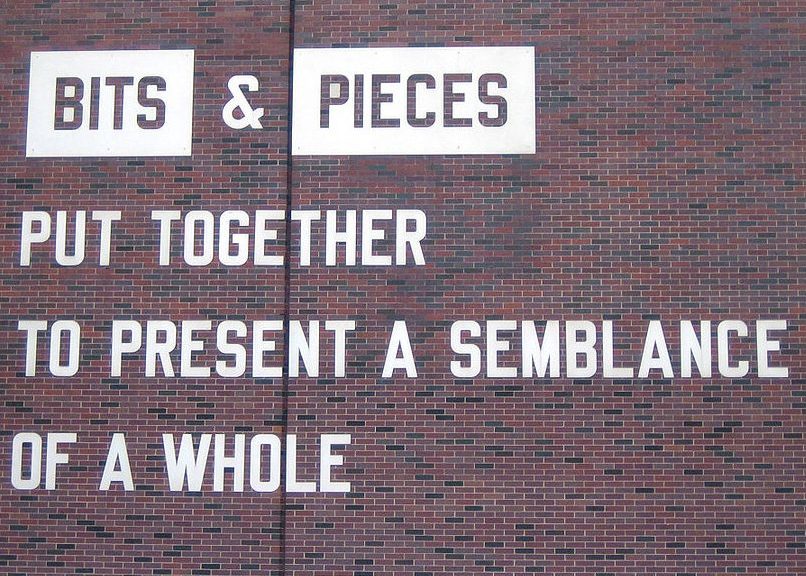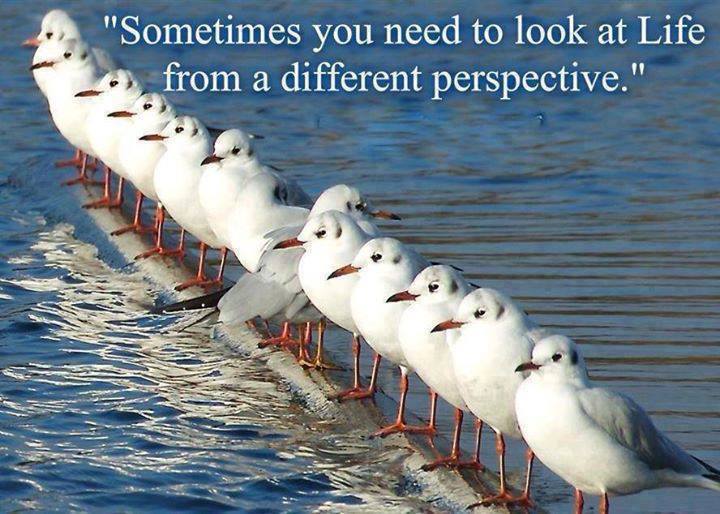If you want a better future.
This is a long article. Don’t just skim it… it has no value that way. Please…
Most people want different, and they want to change.
You are an employee? You want to be a business(wo)man.
And you start hating what you are doing, and start dreaming about what you are going to do.
And the only thing that happens from that is a pipedream…
So you never actually do anything better.
So what is the way?
Wallace D Wattles says it clearly:
Start where you are.
Get as good at what you are doing as you can. Faster, better. Tighter. So there is room to do more.
Any work you are doing now can be the stepping stone that takes you to more better or different.
Instead you continue doing what you are doing, shabbily, half-assed, so-so, dreaming of the future that can never come. Waiting for Godot.
Why? Why can’t it come?
Because if you are doing what you are doing half-assed, so-so, not too well, without bringing all your power to it, you’ll do that with the next thing and the next thing, dreaming about a future, a pipe-dream that will remain a pipe dream without you fully applying yourself.
You are, maybe, getting sick of me teaching you, telling you what Alex Hormozi did or does.
I bet you only hear what you want to hear, not what you need to hear.
You grab onto what you hear… which is 99% not what is said… and run with it.
Here is a way to explain what you are doing:
You hear that there is a lot of money in soccer. You hear that they play it with a round ball.
So you go out and buy a round ball. And throw it around, and sit on it, and roll it down the hill…
But it is not the right ball, and you don’t know how to play the game.
Why? You never heard what was said. Never saw what people actually do when they play football. You are doing your own thing, thinking you are getting somewhere.
Even if you read Wallace D. Wattles…
you have never taken the time to experiment and feel what it is like putting all power in all action, the certain way. You interpret it, as you read it, and you dismiss it.
Without that certain way, you can’t do anything right. Not life, not work, not the work you pretend to do with me.
When I look, everyone’s backdrop ‘features’ a few sentences that every single human living today has on their board.
Don’t tell me what to do
I don’t want to
I’d rather do something else
And as long as your backdrop is telling you how to be…
…how to do what you are asked to do, you are going to do sub par work, shabby, so-so, and your life will mirror it perfectly.
This is also a degrees thing… No one is at 100%, but most of you are at 1%.
And even if and when you know how to do things fairly well, with time, weeks maybe, you’ll fall back to your normal… 1%.
What will happen if you take on the Certain Way of doing things? Things you are already doing?
You’ll suddenly have time.
Read the rest of the article





